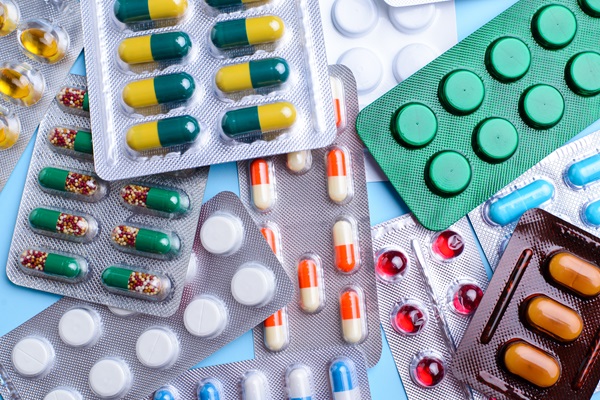We build a bond with our patients, and accompany them throughout their lives. This begins in the preliminary stage, when they are on the waiting list, and continues until the period after transplantation. We offer our patients tools to improve the quality of their lives. . The transplantation has given them the prospect of a longer life; a life in which the condition should hinder them as little as possible. We want to support them in this.
Lifestyle
At the 'lifestyle outpatient clinic' we offer life-long care. We support patients in their therapy compliance and give advice on a healthy lifestyle, as well as dietary advice, so that patients can optimally benefit from their transplants.
Medication
We have a ‘medication outpatient clinic’ - proper use of medications is vital for transplant patients. Here, the hospital pharmacist educates liver transplant recipients about medication use. He wants to make it easier to use the multitude of pills. Erasmus MC is the only hospital with a special liver transplant-pharmacist to counsel patients.
At home
The Kidney Team at Home visits patients at home. We provide them with information about kidney diseases, dialysis and kidney transplantation in their own environment. We help patients to better discuss difficult topics such as living donations. The Kidney Team at Home is available for all patients with kidney failure.

Self-care & eHealth
We believe that good education for our patients is important. We encourage self-care, so that patients can do as much as possible for themselves. This also means less travel time and less waiting in the hospital. As of September 2021, we have the ‘home measurement’ program for new kidney transplant patients. With this program, we encourage patients' self-care. And hope to reduce hospitalizations with it.
There is also remote care for lung transplant patients. Patients can monitor their lung function at home after transplantation. This is done with a handy lung function device for home use and an accompanying app for their phone or tablet. In this way, the doctor can monitor the progress of the lung function in the home situation.
We use online guidance programs to improve the condition of our patients before and after transplantation.
Patient Associations
There is intensive contact with patient associations. This enables us to take patients' opinions and wishes into account in our care.
Involvement within the Transplant Institute
Within Erasmus MC, more than 20 departments are involved in the care process that accompanies a transplant. From cardiology to immunology, rom anesthesiology to metabolic diseases, pediatrics to pharmacy, and much more. 18 academic centers of excellence also contribute to the Transplant Institute, as well as 8 centers for rare diseases, recognized by the Minister of Health.
National and international involvement
The Erasmus MC Transplant Institute collaborates with domestic and foreign parties. In the field of care and science, we collaborate with the Delft University of Technology, and with health experts from the Erasmus University Woudestein. We participate in many national networks and consultative bodies. We do this in part through the expertise centers that fall under the Institute.
At a European level, we have been admitted to the absolute top of the networks (European Reference Networks) with 4 programs. This concerns (kidney) transplants in children, rare liver diseases and malignant diseases of the liver.
Together with representatives from other university medical centers, we advise the Dutch government and the
Dutch Transplant Foundation (Dutch only) on national organ policy. For society, we actively contribute to general legislation and donation after euthanasia. Together we seek solutions to the organ shortage




